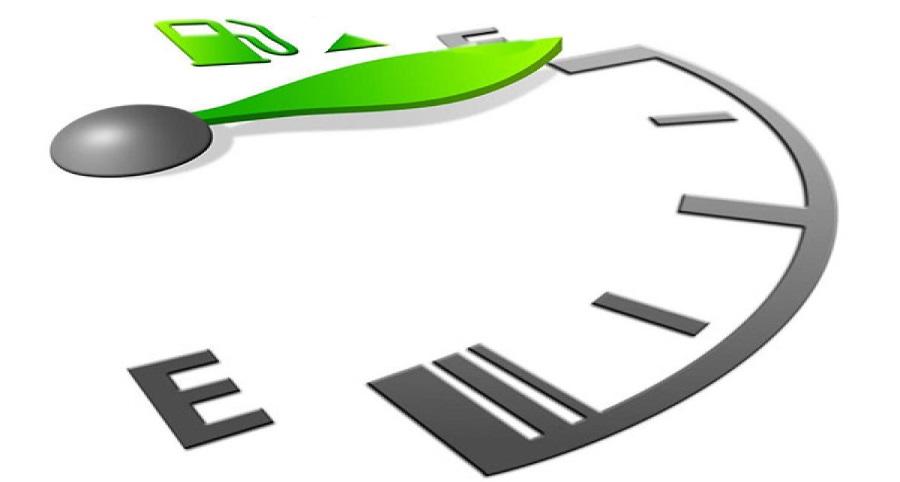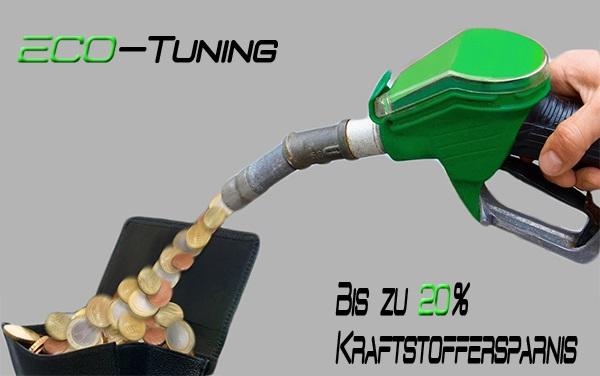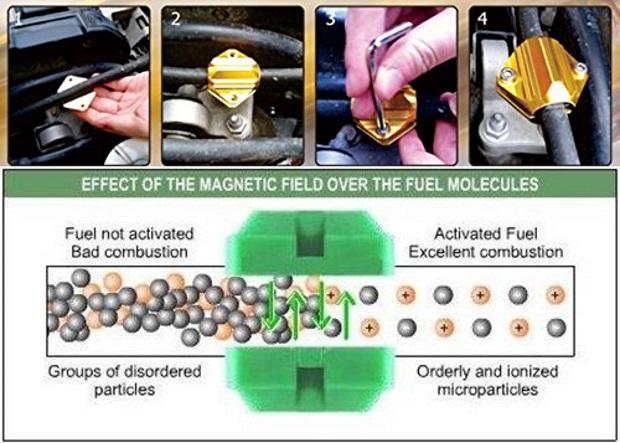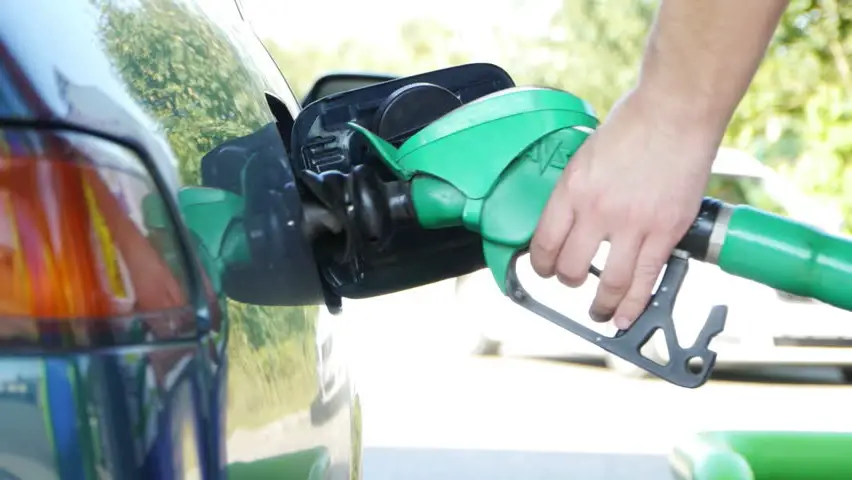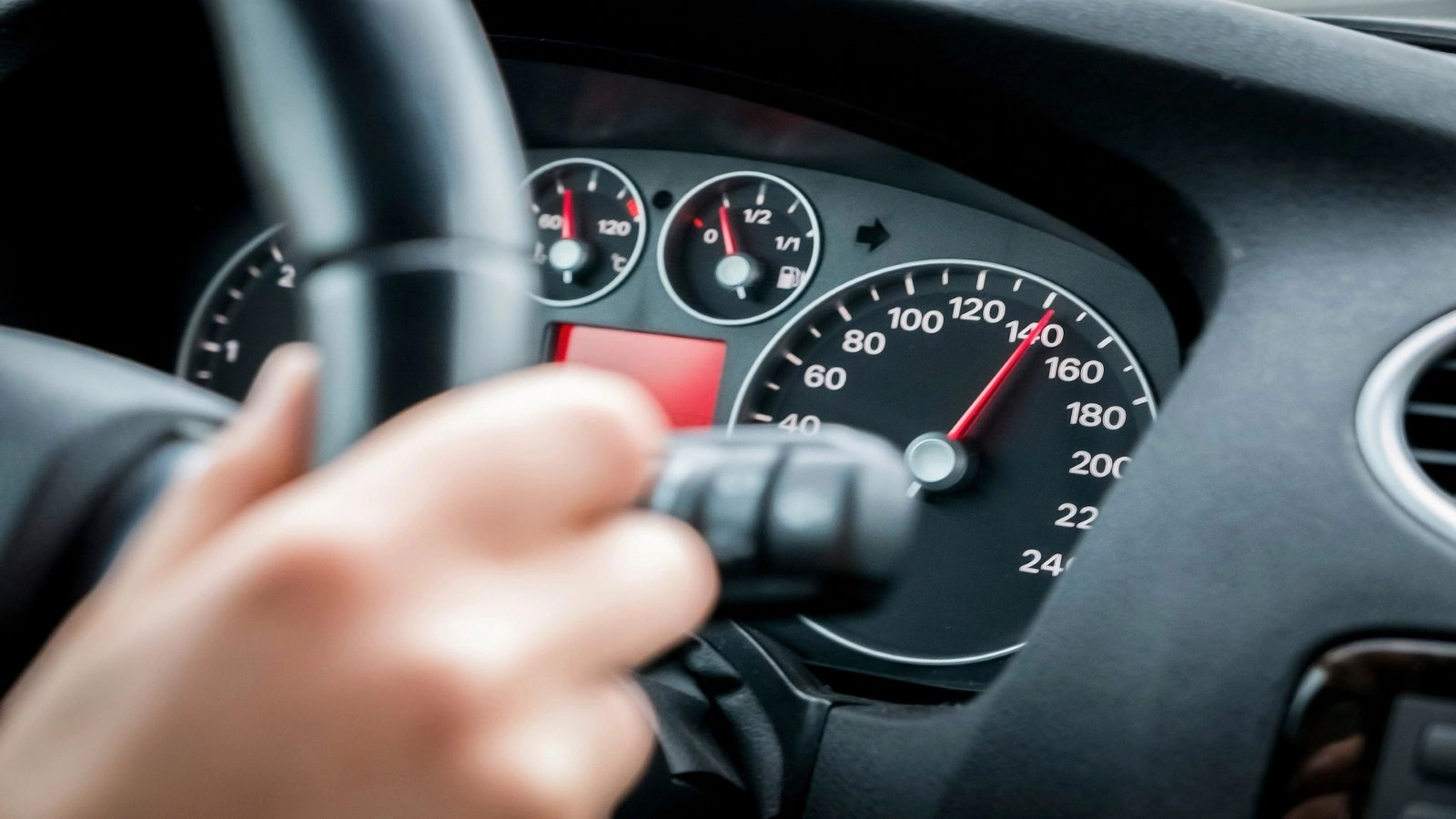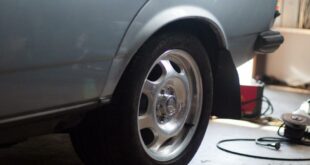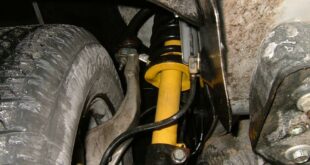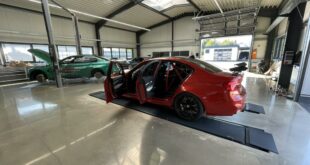In times when fuel prices are going through the roof, you keep hearing about the so-called Eco-Tuning. When you think of tuning, you usually think of one performance increase from the engine, but this tends to result in increased fuel consumption. But can the vehicle be optimized in such a way that in the end a low fuel consumption is achieved? If so, how useful are these methods? And what are the options? The following short guide explains what is worthwhile and what is not.
What exactly is eco-tuning?
The term "eco-tuning" is primarily not about protecting the environment, but about the economics – i.e. the economy of the vehicle. More and more tuners lure their customers into the workshop with the promise of reducing the fuel costs of the car. Fuel consumption is to be reduced in several ways. The environment also benefits, as the lower fuel consumption also reduces emissions. So eco-tuning is not only economical, but also theoretical ecologically. But does eco-tuning really keep what it promises?
- What exactly is eco-tuning? Eco-tuning are tuning measures intended to reduce the vehicle's fuel consumption.
- How can you reduce fuel consumption with chip tuning? With changes to the software, the injection quantity is regulated, for example, or the response of the accelerator pedal.
- Is eco-tuning really effective? Mostly not. Various tests show that the fuel savings with eco-tuning are almost always minimal. At the same time, however, the performance drops significantly.
Software manipulation for optimization
In engine tuning that is Chiptuning a fixed component. Various processes in the engine can be optimized by making changes to the software. As is well known, modern cars are equipped with numerous computers and chipsets, so they are no longer comparable to the vehicles of the past. These computers change the amount of fuel injected, for example. Computers and chipsets make it easy for chip tuners changes to the vehicle to perform. However, only professionals should go to work here. Initiative is out of place when it comes to chip tuning. Any change to the software must also be be approved by TÜV or a testing organization. Without an expert opinion, the operating permit for the vehicle expires.
The changes to the software are intended to reduce fuel consumption. This can be done, among other things, by a lower injection quantity, a faster ignition, a more sensitive accelerator pedal setting, modified Sensors and much more can be achieved. According to various suppliers, a reduction in fuel consumption of up to 10 percent is not uncommon with eco-tuning. However, this change is often associated with lower performance.
Eco-tuning by means of changes to the hardware?
Not only the software in the vehicle can be modified in such a way that lower fuel consumption is the result. According to various providers, this can also be achieved by installing additional components. By installing a so-called Expander magnet device (Neodymium magnets) can also be said to achieve lower fuel consumption. The magnetic ring is attached to the fuel line for this purpose. The fuel molecules are positively influenced by the magnetic effect. However, whether this effect really occurs is based on numerous research results doubted.
What experiences have other customers had?
Based on the experiences of numerous customers, it can be stated that the manufacturers and marketers of the pure Eco-Tuning often fail to keep their promises. A few years ago, the magazine “Auto-Bild” subjected eco-tuning to a test and examined numerous variants. The result of the investigation looked sobering. According to experts, it saves fuel hardly measurable been. In some cases, the consumption even increased and the performance of the vehicle was still significantly reduced.
Basically, significant savings could be made not be achieved. Why? The technology of the vehicles is already ideally matched ex works. It is therefore difficult to improve, primarily in vehicles with automatic transmissions. In the worst case, the vehicle can even be damaged if the complex mechanisms are no longer properly and optimally coordinated. The research showed that eco-tuning, if at all, was more effective on diesel vehicles than on petrol ones. However, even here the savings were minimal.
Final words on eco-tuning
By the greatest part of all supposed improvements in fuel economy the eco-tuning does not help much. Instead of saving fuel, the vehicle's performance is often reduced, which only gives the impression of lower fuel consumption. The software of the vehicles is already optimized ex works so that further improvement is only possible to a limited extent. One performance increase through a classic Chiptuning is therefore perhaps even more likely to be crowned with success. Because standing more horsepower and more torque available, then can at consistent driving style in some cases a minimal fuel saving can actually be the result. But here, too, one should always consider the risk, especially with regard to wear and tear. The costs for a pure eco-tuning can almost always be saved. Incidentally, a much better way to save fuel is to drive sparingly.
Save fuel with the right driving style!
Put simply, fuel consumption depends on two factors. On the one hand, the displacement of the vehicle plays a role, on the other hand, the size and number of cylinders also have a major impact. Consumption-efficient driving means driving at low engine speeds. Many drivers associate a fuel-efficient driving style with reduced driving pleasure and slower movement. Experts recommend increasing the desired speed as quickly as possible when driving freely and then maintaining it at a low speed in the highest possible gear. Anticipatory driving is also important for a fuel-saving driving style. At red traffic lights or slower vehicles, you should take your foot off the gas in good time. In this way, the vehicle is braked without actuating the brake. This not only saves a lot of fuel, but also extends the maintenance intervals for the brakes. And ballast also has a negative effect on fuel consumption. Roof boxes and the like also increase fuel consumption. 100 kg more weight means approx. 0,5 liters more fuel consumption per 100 km. So it's worth decluttering!
Of course, that wasn't the end of it!
tuningblog has countless other articles on the subject of car and auto tuning in stock. Do you want to see them all? Just click HERE and look around. In part, we would like to provide you with news but also off the tuning. In our category Tips, products, information & Co We have reviews of car or accessories manufacturers, new ones Tuning Wiki Terms or one or the other Leak veröffentlicht. Just click on one of the following posts!
 tuningblog.eu Your magazine about tuning the car
tuningblog.eu Your magazine about tuning the car
